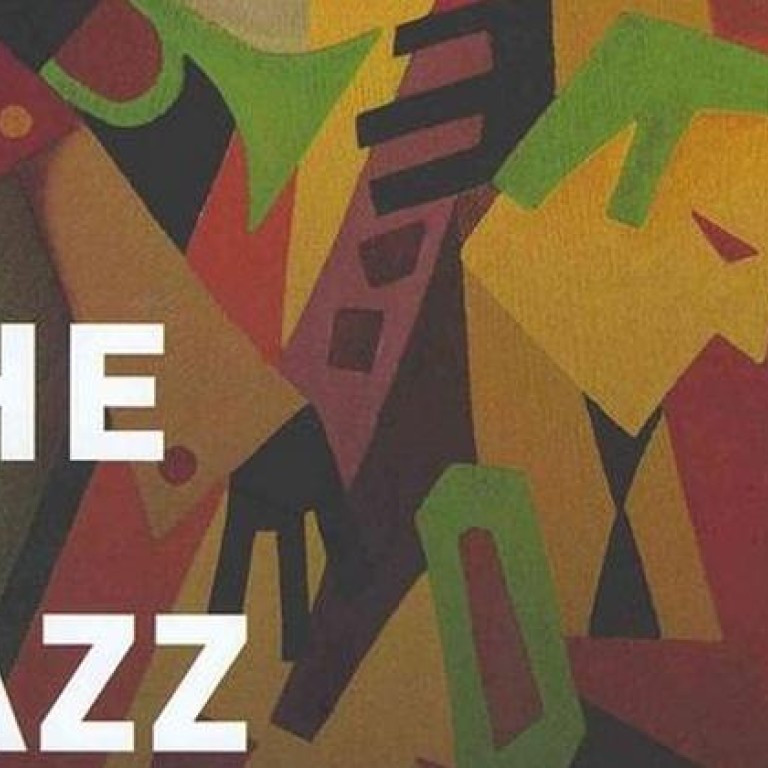
Blue Notes by Robin Lynam: Ted Gioia
Ted Gioia is a music historian and jazz critic with several books to his credit, including the very readable . I recently picked up his latest, (published by Oxford University Press), and it is a fascinating and entertaining reference work.
Gioia, who is also a jazz pianist, recalls finding out early that there were "200 or 300" songs which a jazz musician needed to be thoroughly familiar with, although there was no definitive list of these works. He only began to have a clear idea of what the canon was in the early 1970s when an illegal compilation of lead sheets for the standard jazz repertoire, produced by students at the Berklee College of Music, began to circulate among musicians.
It was called to distinguish it from the various "fake books" in circulation which gave a sketchier idea of the chords and melodies of many of the same compositions. Some of the confusion, Gioia points out, arose because the tunes in these books came from such diverse sources.
"Most of them had been composed before I was born [in 1957], and even the more recent entries in the repertoire weren't part of the fare you typically heard on TV or mainstream radio. Some of these tunes came from Broadway, but not always from the hit productions - many first appeared in obscure or failed shows, or revues by relatively unknown songwriters," he notes in the introduction to the book.
"Others made their debut in movies, or came from big bands, or were introduced by pop singers from outside the jazz world. A few - such as or - originated far away from jazz's land of origin. And, of course, many were written by jazz musicians themselves, serving as part of the legacy of Miles Davis, Thelonious Monk, Duke Ellington, John Coltrane, Charlie Parker, and other seminal artists."
Most jazz musicians own a copy of a fake book or , although - with the exception of a Hal Leonard edition of the latter, which came out in 2004 and for which the publisher pays songwriter loyalties - all infringe copyrights. However, most musicians will know the history of only some of the tunes in those collections, and before this no book existed to fill in those gaps in almost everybody's knowledge.
"Over the years, I often wished I had a handbook to this body of music, a single volume that would guide me through the jazz repertoire and point me in the direction of the classic recordings," writes Gioia. "I wanted to delve into these songs as sources of inspiration for great jazz performances - a perspective that often took one far afield from what the composer might have originally intended. I wanted a guide to these works as building blocks of the jazz art form, as a springboard to improvisation, as an invitation to creative reinterpretation."
He has achieved that with style: offers fascinating insights into the history of those building blocks, accompanied in each case by a list of about 10 recommended versions, citing the place and date of recording, and, where relevant, a source album.
Gioia has chosen the songs, arranged alphabetically starting with and concluding with , based on their "significance in the jazz repertoire of the current era", although he skips songs from the rock repertoire which have proven popular with jazz musicians. and , for example, are both absent.
Otherwise the list is surprisingly comprehensive given the entries run to only about 470 pages. If there is a weakness in the selection, it is in the omission of compositions which have been reinterpreted extensively by other jazz artists since they originated from notable jazz performers from the 1960s onwards.
Three albums consisting largely or entirely of songs featured in .
- (1996, Verve): a three-disc compilation culled from Ella Fitzgerald's masterly series of songbook albums featuring well-loved standards by Johnny Mercer, the Gershwins, Rodgers and Hart, Irving Berlin, Duke Ellington, Cole Porter, Harold Arlen and Jerome Kern. All the songbooks are also available as a 16-CD box set, but this is a more affordable and thoroughly representative package.
- (1963, Impulse!): one of the finest sets of standards ever recorded, featuring the inspired combination of Hartman's voice and the classic quartet of Coltrane, Jimmy Garrison, Elvin Jones and McCoy Tyner.
-
(1983, ECM): The first outing for Keith Jarrett's Standards trio featuring Gary Peacock on bass and Jack DeJohnette on drums. Five standards were included, among them a 15-minute-plus version of Billie Holiday's .

